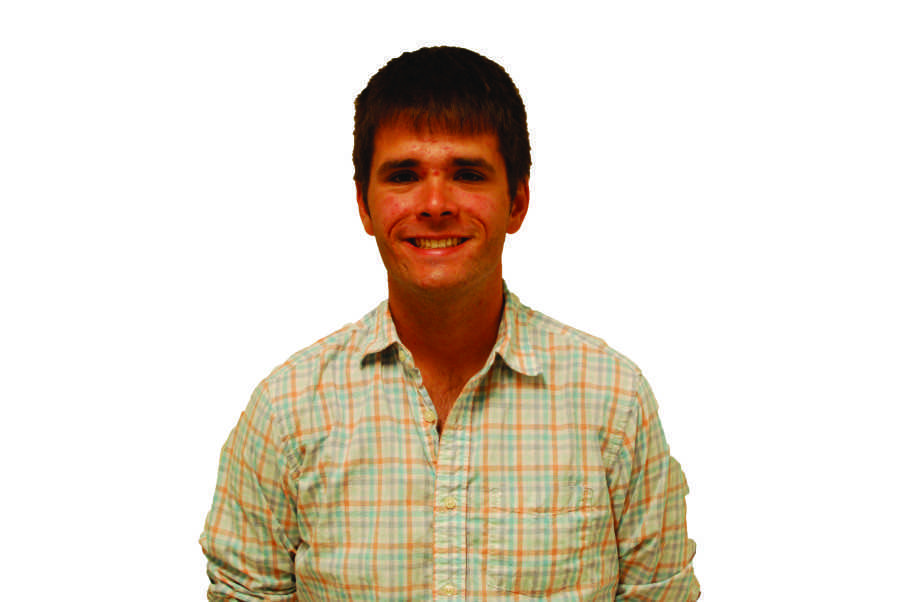In a society where we are obsessed with enhancing our lives by achieving happiness, we are making ourselves miserable in the process.
It is ingrained in us that we can only find happiness through achievements, but we lose focus in the present and overlook the small matters that we take for granted. We view happiness as a prize that must be won, so we trap ourselves in an endless cycle of unattainable desire that eventually becomes exhausting.
The phrase “pursuit of happiness” is something that we often hear, and it also appears in the United States Declaration of Independence. However, this unalienable right is more complicated than it seems.
It is common for people to invest in the chase, but that is not what we should be focusing on. American historian, Arthur Meier Schlesinger Sr., published an essay titled “The Lost Meaning of ‘The Pursuit of Happiness’” in 1964. He explains what Thomas Jefferson and the drafting committee originally intended when writing the phrase and how it has been misinterpreted over the years. Schlesinger also believes that the phrase should be rewritten for a clearer understanding (Schlesinger, 1964).
At the time of the Declaration’s formation, “the pursuit of happiness” meant the practicing of it, not its chase. Chasing after something is different than actually experiencing it. Everyone has this basic right, and they deserve to enjoy it, not waste their lives trying to obtain it.
The misconception of this famous phrase illustrates the complexity of what we think happiness entails. All emotions are nuanced, and it is unrealistic for people to work towards an emotion that is transient like the rest.
The paradox of happiness, also called the paradox of hedonism, suggests that we become less happy when we regard happiness as a sole objective. Instead, we should find happiness in the pursuit of other objectives. For example, discovering happiness through one’s job leads to satisfaction because they are seeing the pleasure in something they already do. We struggle to find joy in our lives because we are not appreciating the so-called “trivial” matters.
People spend the majority of their lives trying to be happy, which can turn out to be a waste of time and counterproductive. Additionally, the subjectivity of happiness makes it even more difficult for people to achieve. Some find contentment in material items while others find it in values. Money and fame can be one person’s definition of happiness while health, relationships and longevity can be someone else’s.
Social media also does not aid in our goal of self-optimization. We fall victim to social comparison and are often left with wanting more. Whether it is beauty, fashion or lifestyle related, we always seem to find a way to compare. We constantly see picture-perfect images on our screens of people who are “happy” and forget that we only see a snippet of these influencers’ lives. It is easy to fall down a rabbit hole of jealousy and self-consciousness when that is all that is portrayed in the media.
We feel pressure to conform to society’s expectations, and we feel awful about ourselves when we fall short. People crave validation from others because it makes them feel like they are doing something right when, in reality, “right” is also subjective. It circles back to the idea that no one is perfect, and no single person can make everyone happy. People live different lives, and they are all entitled to live happy ones.
It is also important to remember to live a full life, not just a happy one. When we become hyper-fixated on the emotion society idolizes, it is easy to lose sight and control of our other emotions. People often do not want to remember the “bad” moments of their life because they are sad or hurtful. We are told to “focus on the positive,” but those negative moments are important to reflect on as well.
Our emotions are temporary, and we are constantly fluctuating between them. It is unreasonable to set an expectation of obtaining one emotion just because it is what is viewed as the most optimal. Instead, we must experience our lives for what they simply are. Grounding ourselves and living authentically allows us to find joy in the little moments.
What can also help is broadening our definition of happiness. Straying away from society’s standard will lift an enormous weight off our shoulders because we are investing in what makes us truly happy.
Emotions are multi-faceted, and there is not just one way to attain them. Who we are as humans is shaped by our experiences whether they are happy, devastating, frustrating or regretful.
This story was written by Rachel Lopera. She can be reached at r[email protected]







